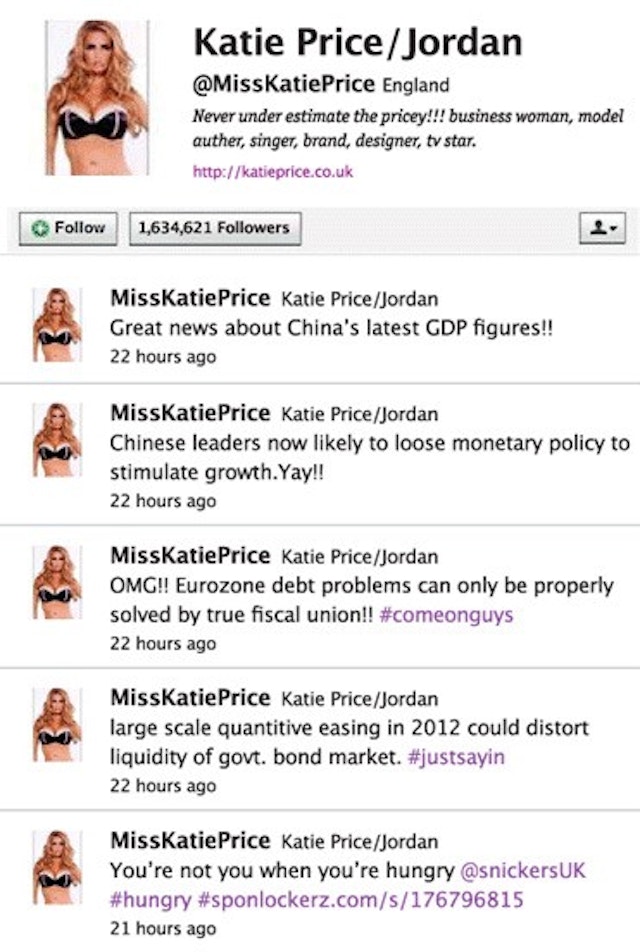Social media influencers investigation: when does brand love become breaking the law?
The Competition and Markets Authority (CMA), the UK government department responsible for improving business competition and reducing anti-competitive activities, has kicked off an investigation into how transparent social media influencers are about rewards for content.

/ Photo by Dũng Trần Việt on Unsplash
By law, influencers must declare that they have been paid or rewarded by clearly labelling posts.
You can see why influencers have become a focus for the CMA and Advertising Standards Authority (ASA) in recent years – the influencer market has grown rapidly and is an industry in its own right.
Instagram has been at the heart of the growth of influencer marketing – 78% of influencers use the social network for brand collaborations and being a visual-focused social network with influencer-friendly features like Stories, Live Video and IGTV, it’s an obvious choice.
Influencer marketing isn’t just about increasing exposure, it’s a serious business and when done well, can earn brands some impressive ROI despite the difficulty in measuring it. That’s definitely the case for the beauty industry – a recent report stated that for every £1 spent on influencer marketing, brands received an average return of £8.81.
So are influencers being open and transparent about being rewarded to promote brands? Not always…
Influencer marketing company Buzzoole found that Instagram posts using the hashtags #ad and #sponsored grew by 44% in the first six months of 2018, compared to 2017. But the problem is when people don’t tag posts. It’s dishonest and, in the UK at least, is illegal.
People trust personal recommendations much more than ads from brands and in terms of level of trust, influencer endorsements aren’t far behind recommendations from friends and family. If people genuinely believe that the influencer that they follow and respect loves a product or brand, and is not just showing or mentioning it for money, they are arguably being misled into buying a product.
George Lusty, the CMA’s senior director for consumer protection, said: “Social media stars can have a big influence on what their followers do and buy. If people see clothes, cosmetics, a car, or a holiday being plugged by someone they admire, they might be swayed into buying it.
“So, it’s really important they are clearly told whether a celebrity is promoting a product because they have bought it themselves, or because they have been paid or thanked in some way by the brand.”
One of the most memorable cases was the promotion of the ‘you’re not you when you’re hungry’ campaign by chocolate brand Snickers from celebrities Rio Ferdinand and Katie Price. The campaign itself was (in my opinion anyway) pretty clever, but fell foul of the ASA because they didn’t mark all tweets in the series as being sponsored. They did, to their credit, label the final tweet.

Since then, there have been more high-profile cases. An Oreo campaign saw five sets of influencers forced to pull videos and Made In Chelsea’s Louise Thompson and makeup blogger Sheikhbeauty also faced the wrath of the ASA.
Perhaps influencers, or indeed the agencies behind influencer campaigns, don’t know that any ads that have incurred a reward must clearly declare that they’re sponsored?

For me, the biggest challenge for the CMA will be enforcing the law and proving that a post is an ad, versus genuine love for a product or brand. Influencers and celebrities are of course allowed to have preferences and favourites.
By their own admission, the CMA can enforce the legislation through courts, but ultimately, only a court can decide whether a particular practice or example infringes the law. And then there’s the issue of the internet’s disregard for international borders. Could the CMA or ASA do anything about a post from a US-based influencer, for example? Will social networks regularly remove content that breaks this law?
I’m keen to see the outcome of the investigation by the CMA, as well as work by the ASA, and hope it helps to create more thorough guidelines for influencers and agencies to follow, leading to more transparency in the influencer marketing world.
Daniel Rae is strategy director at Hydrogen
